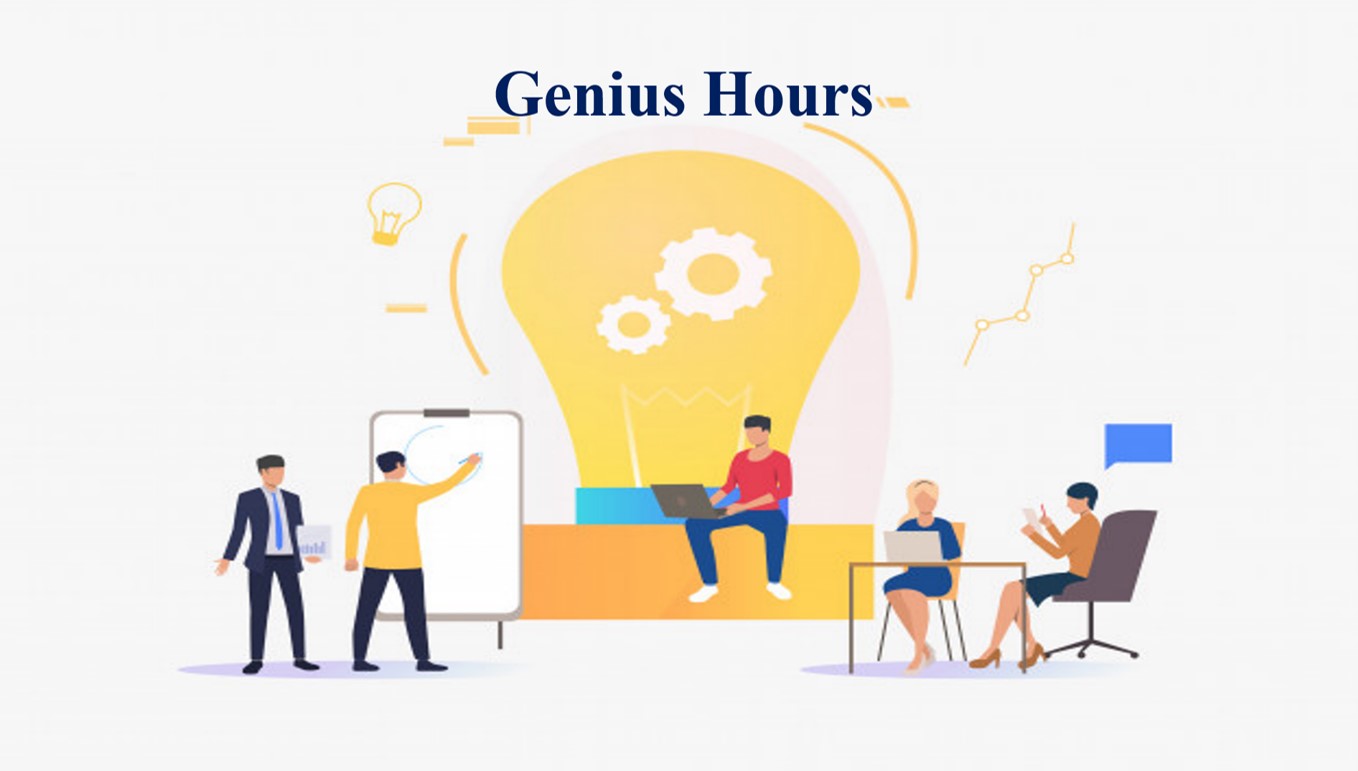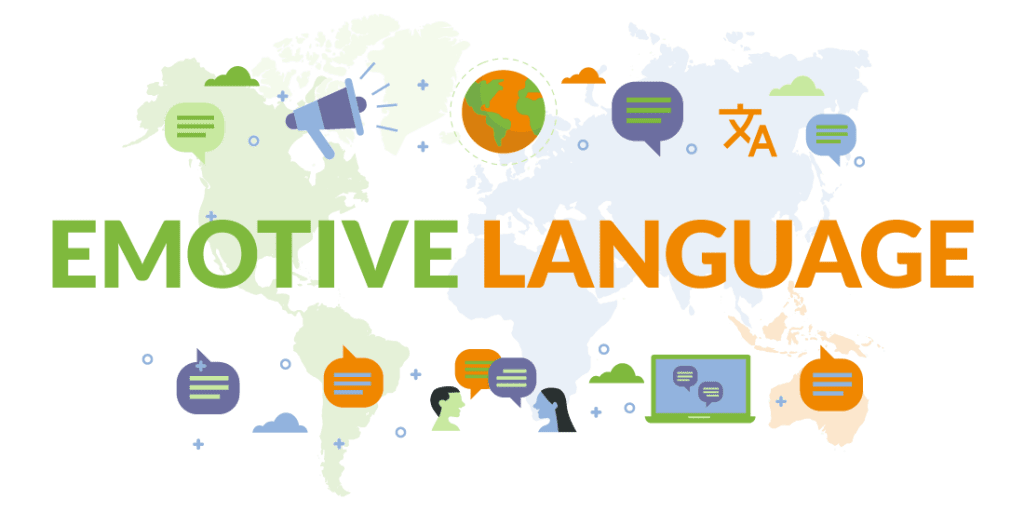Genius Hours
Genius Hour is a way to deal with realizing where understudies are directed by their advantages, foundation information, and interest to learn. From the external searching, it is less coordinated, less formal, and less normalized than conventional learning. Genius Hour is genuinely 'open-finished' learning described by understudy self-course, enthusiasm-based learning, request, and independence.
In government-funded instruction, Genius Hour can be considered a reaction to the unbending, test-driven, and 'accomplishment-centered' environment that the testing-based model of school improvement has empowered in schools over a few decades. It permits (really, it expects) understudies to investigate their thoughts and follow their senses in learning for getting the hang of, making for making, and accomplishing for doing. A fundamental suspicion of Genius hour is that assuming understudies are given space and instruments and crowds and time, they will make something individual and convincing, and be 'learning' simultaneously.

Importance of Genius Hour
There is a scope of benefits to presenting Genius hour in your homeroom, including:
- Permitting understudies to investigate their special advantages such that customary tutoring doesn't. A genius hour makes learning seriously intriguing and gives understudies responsibility for instruction - it in this manner expands their characteristic inspiration and independence, assisting them with becoming deep-rooted students. Through Genius Hour projects, they could find stowed away abilities or interests that they didn't realize they had; this could impact what they decide to do from here on out.
- Empowering imagination. As opposed to being uninvolved students, Genius hour allows understudies to produce their thoughts and ponder how to investigate them. This might come in helpful later on when they need to make and do assignemnt work projects in their grown-up lives - in this day and age of work, delicate abilities like inventiveness and interest are basic.
- Encouraging decisive reasoning and examination abilities. The exploration part of Genius hour guarantees that understudies foster their abilities in tracking down significant, dependable sources and assessing the data given by them.
- Building interactive abilities and certainty. Genius hour meetings are more similar to studios, which support coordinated effort between understudies when they need assistance or need to share their thoughts. This expands their interactive abilities and certainty levels in the homeroom.
Ideas for genius hour
The following list shows several genius hour examples
- Create a podcast.
- Write a poem, play, song, story, blog, or whole book.
- Learn a new language or create your own.
- Teach a younger student a skill.
- Build a website or make an app.
- Paint a picture or learn photography.
- Design a 3D model.
- Create your own board game.
Conclusion
Genius hour is an incredible method for getting your understudies amped up for learning, as well as investigating their advantages, and building their free acquiring abilities. It could at first appear to be overwhelming, yet numerous instructors have thought that it is progressive - we trust this article has given you the certainty to attempt it. It means a lot to track down ways of making picking up invigorating, as well as offering understudy chances to investigate their interests and show inventiveness. As a teacher, you can do these utilizing imaginative practices like Genius hour.
There are no set principles for Genius hour, yet furnishing understudies with some kind of structure can be useful. This supports them to keep focused and concoct a truly intriguing undertaking, as opposed to wasting the time every week. Instructors could do this by assisting their class with conceptualizing thoughts, giving them an undertaking proposition structure to finish up, or setting a fundamental timetable for the cycle. After the finishing of a task, understudies may be given reflection diaries to fill in, enumerating what they realized.



